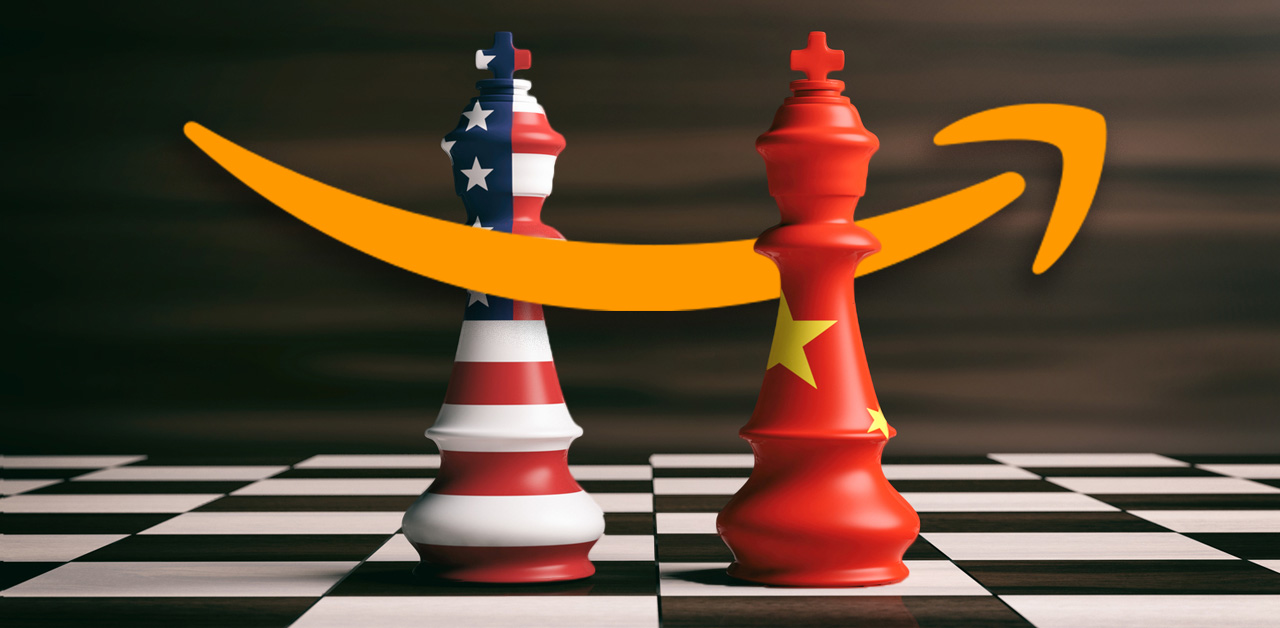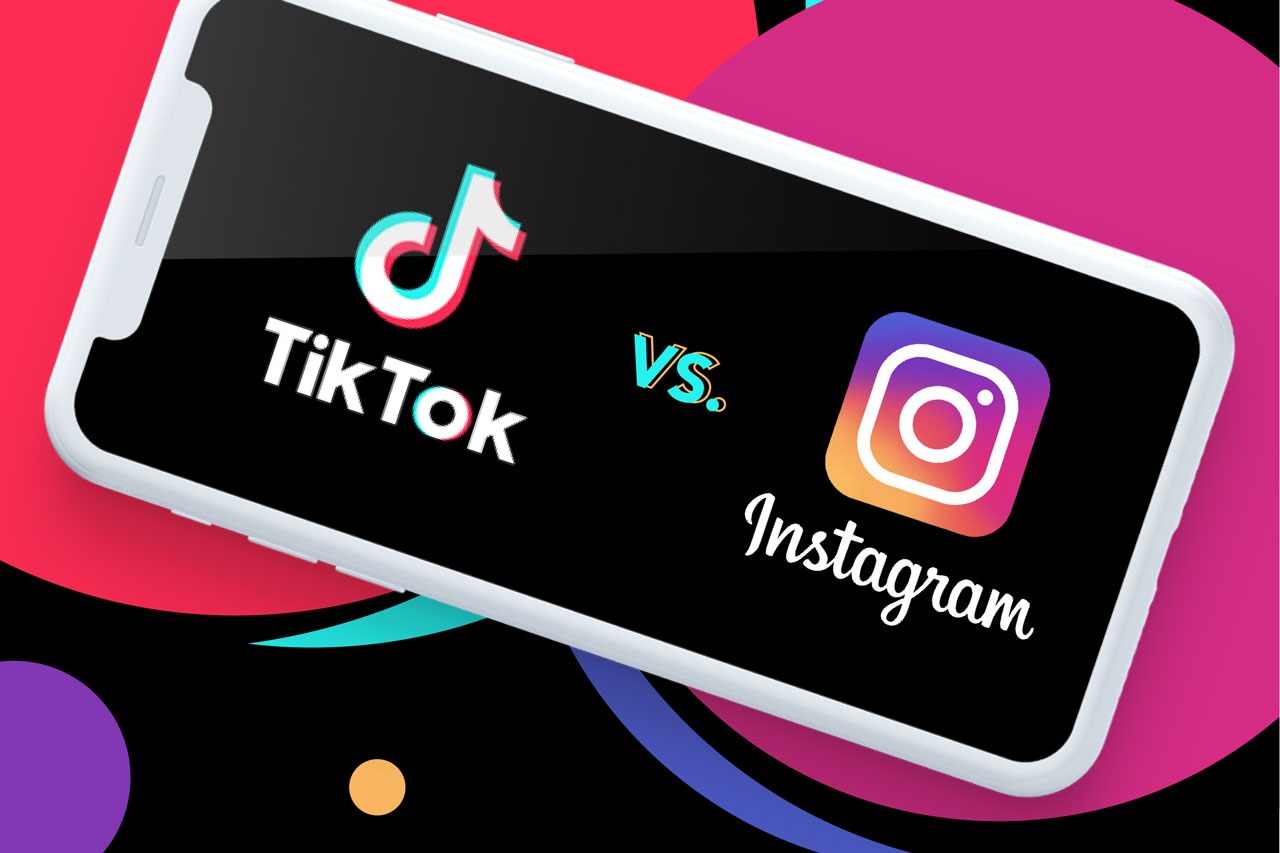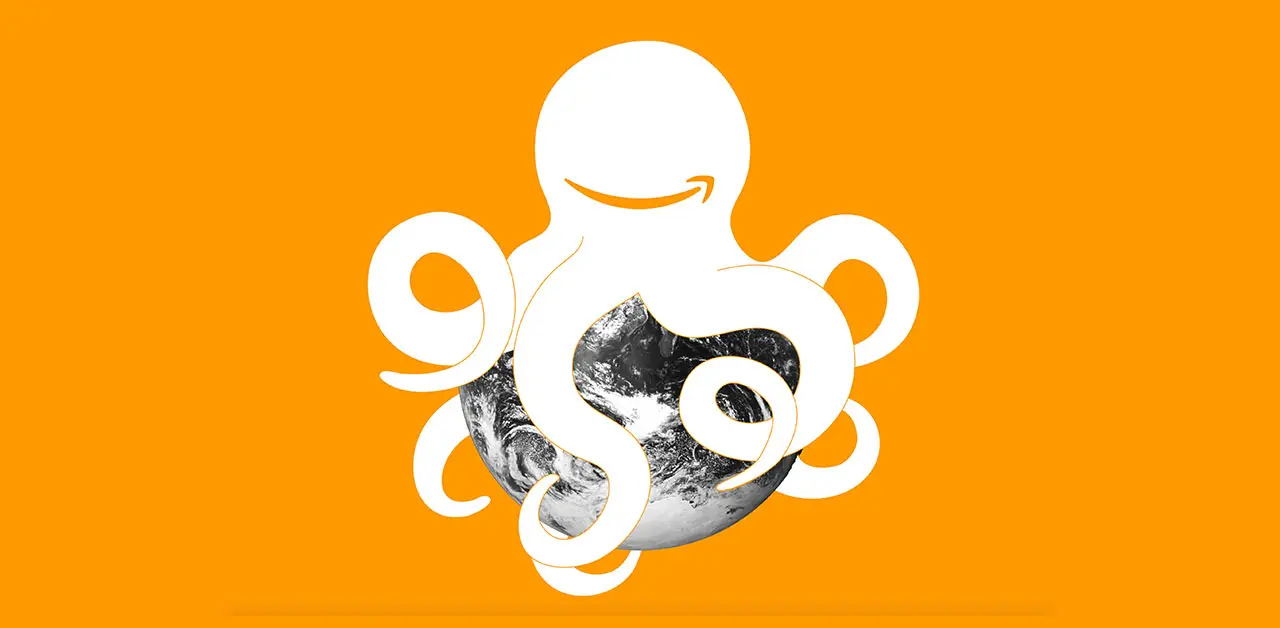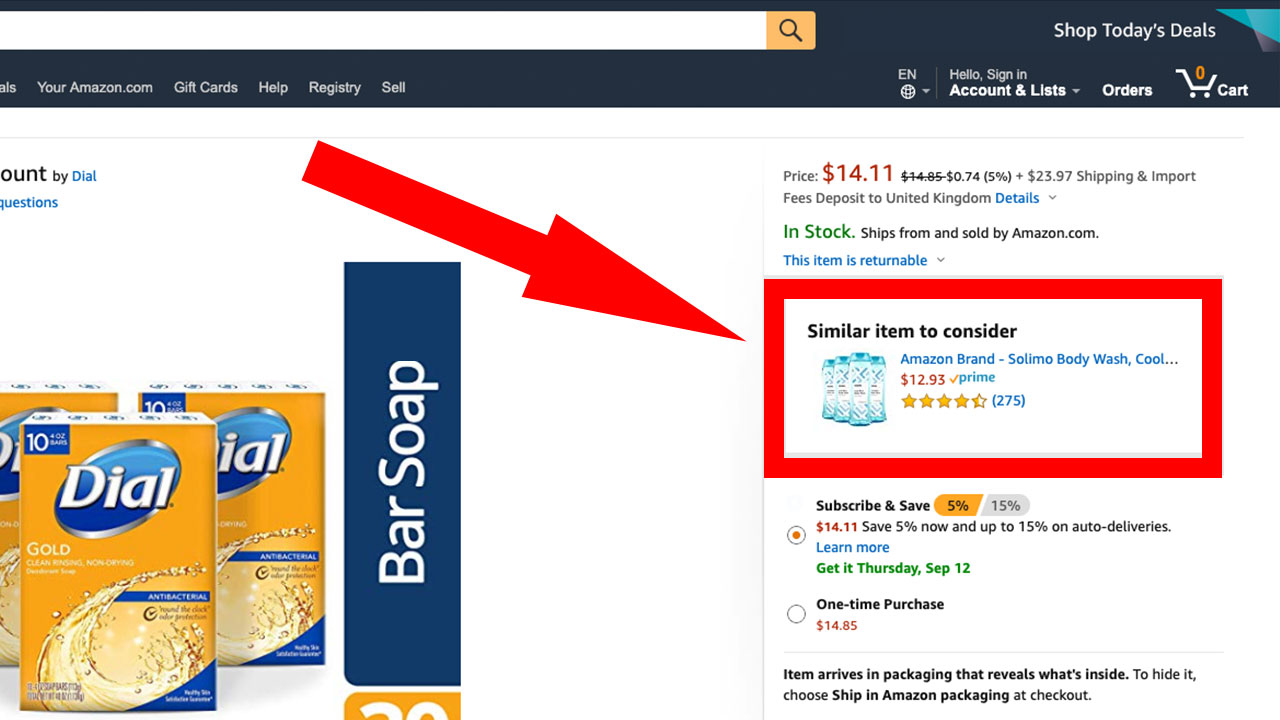Amazon pushes shoppers to its own brand before clicking ‘buy’
Amazon has introduced a new feature that markets its private-label brands right before consumers add rival products to their shopping carts.
The Washington Post conducted dozens of product searches and saw offers for a “similar item to consider” featuring an Amazon brand appearing just above the area where shoppers click to add a purchase to their cart.
The boxes reportedly touted lower-priced Amazon versions of everyday items.
“It’s an ad at exactly the moment the customer is ready to buy,” James Thomson, a former senior manager in business development at Amazon and now a partner at brand consultancy Buy Box Experts, told the Washington Post. “I don’t see how that’s not unfair.”
Amazon defended itself in a statement to the Washington Post, the promotion to the way any store would push its own private-label goods.
“Like any retailer we promote our own brands in our stores, which provide high-quality products and great value to customers,” Amazon spokeswoman Nell Rona told the paper. “We also extensively promote products from our selling partners.”
More Amazon news

What is fuelling the rise of Chinese sellers on Amazon?
75% of new sellers on Amazon are from China China-based sellers represent 75% of new sellers on Amazon in 2021, according to a report by Marketplace Pulse. This marks a significant increase from 47% in the previous year. While this hasn’t yet impacted the GMV (gross...

Instagram vs TikTok: who’s ruling the e-commerce experience?
Instagram vs TikTok: social media e-Commerce marketing Instagram’s Reels feature is one of the fastest products Facebook has ever monetized, and it could be an important factor in fending off TikTok Instagram has become the network of choice for brands to market...

Amazon’s share of the US e-commerce market is expected to surpass 50%
There will be an influx of new sellers on Amazon Amazon will continue to dominate the e-commerce space. After the pandemic struck, the company’s revenue jumped 40% compared to the previous year, reaching $88.9 billion. The COVID-19 pandemic has affected every person...


